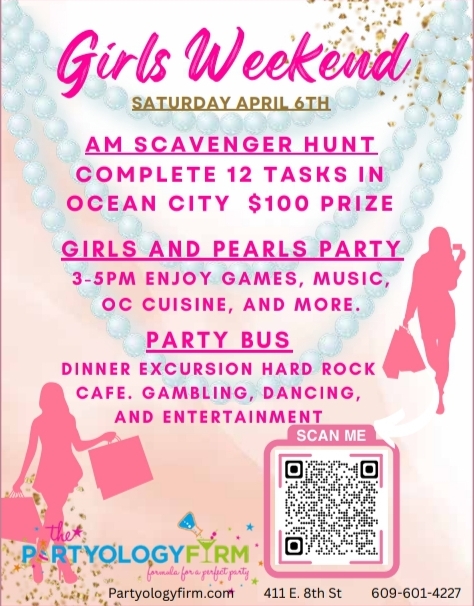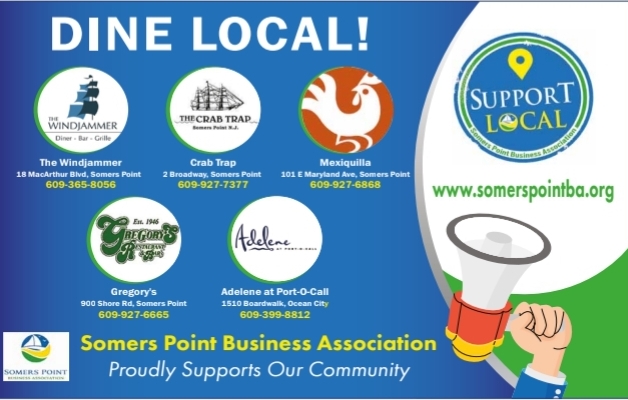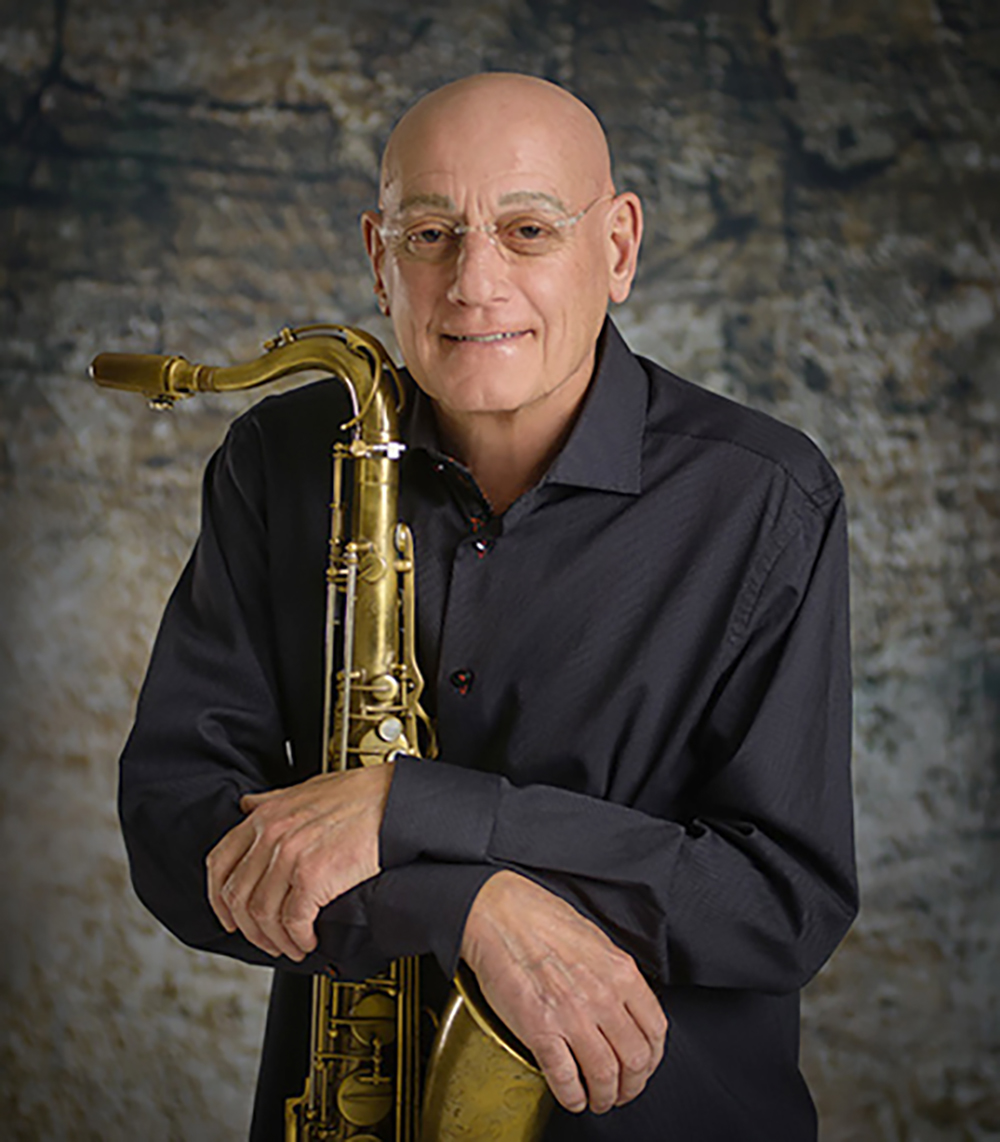By Bruce Klauber
It’s impossible to pigeonhole Michael Pedicin, Jr. He is a first-rate jazz saxophonist, jazz educator and recording artist. He’s been a star sideman with everyone from Brubeck to Bowie, and a musical contractor and conductor for five hotel/casinos in Atlantic City during the 1980s. And, if that were not enough, he is a practicing psychologist.
Pedicin has been doing all these things, and doing them well, for decades. Three common threads have run through it all in those years: He wants to help people, he wants to help people live better lives, and he wants to play jazz on the saxophone.
Michael Pedicin, Jr., was born to reed royalty. His father, saxophonist and bandleader Michael, Sr., had a legendary ensemble that rocked the Jersey Shore nightspots for decades. He even had a hit record, “Shake a Hand,” along the way. It’s therefore no surprise that the jazz saxophone bug hit the younger Pedicin early on.
His father took him to Atlantic City’s Club Harlem to show him the soulful saxophone artistry of Willis “Gator” Jackson. Later on, he studied formally at the Philadelphia Musical Academy, now The University of the Arts, where his teachers included iconic saxophonist Buddy Savitt, and famed educator Dennis Sandole. He listened closely to alto saxophonist Cannonball Adderley, and, like so many jazz musicians back in the day, fell under the spell of one of the most innovative musicians in the history of jazz, saxophonist John Coltrane.
As a youngster, Pedicin received acclaim when competing on what was called the “intercollegiate jazz” circuit. I know this first hand because I was part of a jazz trio that placed second to Pedicin at the Villanova Intercollegiate Jazz Festival of 1967, adjudicated by iconic bandleader Stan Kenton. Kenton, in fact, asked a 22-year-old Pedicin to join his orchestra in Los Angeles. “I turned him down,” Pedicin said with a touch of sadness. “It’s a regret that I have.”
In the 1970s he became an integral part of the Gamble and Huff/Philadelphia International Records hit-making factory. The saxophone of Michael Pedicin, Jr., can be heard on dozens of those gigantic hits, including his superb, 1980 solo effort, the self-titled “Michael Pedicin, Jr.,” which spawned a hit single, “You,” two years later.
Around this time, Philadelphia musicians were heading to Atlantic City in droves because that’s where the work was. Pedicin was one of them. It didn’t take long for him to become a giant at the shore via contracting, and at various times, conducting for all five Atlantic City Boardwalk casinos.
“The first couple of years in Atlantic City were easy,” he recalled. “All the hotels wanted me and knew what I needed, though it was a battle every year to agree on a contract. Eventually, what started to happen was that some musicians in town were going in without demanding union scale, so people like me weren’t as needed as much anymore. But I don’t have any anger about it. It’s just the way it is.”
Further, Pedicin remembers that, over time, the powers that be at the hotel/casinos became more interested in marketing than music, which was something that he just didn’t want to be a part of.
Still, he has fond memories of that astoundingly busy time.
“The best experiences were with Sinatra,” he said. “I got called to play with the orchestra and I was the only local guy invited, which made me proud, and I loved working with Tony Bennett. I was the contractor for his orchestras whenever he came to town. The third great experience was with Johnny Mathis. I conducted his orchestra in a lot of locations, and for all his dates in Atlantic City for 25 years.”
Given all of his frantic activity – and remember, he had been playing professionally since he was 15 – it’s almost impossible to believe that Pedicin was also in and out of medical school.
“I always had the other desire of wanting to be a doctor,” he said. But every time he was in the midst of his medical studies at the Philadelphia College of Osteopathic Medicine, music beckoned. In 1974, after four weeks of study, he got the call to go on the road with trumpeter/bandleader Maynard Ferguson. He went back to medical school for a year and left again when David Bowie called.
“The third time I went back, I stayed for two years,” he explained. “But I was never comfortable that I had let all that music go. So I continued my musical life.
“When I was 46, I decided to get a PhD in psychology. The thing that took me away from medicine was that I loved being a doctor as much as I loved being a saxophonist. But the busier I got with my studies in medical school; the saxophone was in its case.
“As a psychologist, I could pick and choose to work as much as I wanted. I went back to school at Philadelphia College of Osteopathic medicine, and that’s where I got my PhD in psychology. I wanted to help people. I’ve lived a clean life since I started playing professionally at 15. No drugs, no alcohol. I wanted to help those with issues live a better life.”
Music education has always played an important part in his life as well. In 1988, with Robert Schilling, he founded Temple University’s jazz program and served as Temple’s first director of jazz studies. He’s also taught at Philadelphia’s University of the Arts, and for more than a decade, he’s been on the board of the South Jersey Jazz Society as co-artistic director with Joe Donofrio.
“I think that the Society’s president, Nick Regine, has done a wonderful job over the years,” Pedicin said. “I was on the board for eight or so years, and I brought in Joe Donofrio as artistic director. My goal and Joe’s goal is to bring some form of culture and art and jazz music to the South Jersey area. With Joe coming in, we’re able to get some big people in for our annual festival that we weren’t able to get before. Second to that is education.
“Most of our events are packed. The library events that we do in Ocean City are so mobbed that you couldn’t get anyone else through the doors. The people around town come up to me and thank me. We’re going to do another series in November. I guess I have had this education thing on my mind all the time.”
Looking back today, he said that at one time he was a musician for 80 percent of his life and a psychologist for 20 percent. “Now,” he explained, “I’m a psychologist for 80 and a musician for 20.”
But through it all there always was, and there always will be, the saxophone.
“There was always a piece of my dad in there in terms of satisfying people by playing a melody without getting in their face. There were short periods in my jazz career where I wanted to be that unsmiling ‘guy,’ but I grew out of it.”
Perhaps “growth” is the key word to use when trying to describe this unique man and unique artist. Although he has been playing music – and healing – for more than six decades, after talking to him and being with him for a while, it’s easy to get the sense that he’s just getting started.
Bruce Klauber is the author of four books, an award-winning music journalist, concert and record producer and publicist, producer of the Warner Brothers and Hudson Music “Jazz Legends” film series, and performs both as a drummer and vocalist.











4 Responses
Wow… so beautifully written! Thanks, Bruce.
Wow…beautifully written!
Michael , well deserved recognition for your many years of accomplishment’s in musical performance and Jazz Education.
Great article, great guy, old high school friend